Solar Energy Printable Worksheets
Solar energy is a renewable and sustainable source of power that has gained significant attention in recent years. Whether you are an educator searching for engaging resources to teach your students about this fascinating subject or a parent looking for educational activities to engage your children, these solar energy printable worksheets are designed to provide a comprehensive understanding of this important entity.
Table of Images 👆
More Energy Worksheets
Light and Heat Energy WorksheetsTypes of Energy Transfer Worksheet
Energy Light Heat Sound Worksheets
3 Forms of Energy Worksheets
Types of Energy Worksheet PDF
Energy Worksheets for Third Grade
What is solar energy?
Solar energy is a renewable source of power that is harnessed from the sun's radiation and converted into electricity or heat for various applications. This energy is captured through solar panels, which absorb sunlight and generate electricity through a process called photovoltaics. Solar energy is considered clean and sustainable, making it an increasingly popular alternative to fossil fuels for reducing carbon emissions and combating climate change.
How is solar energy converted into electricity?
Solar energy is converted into electricity through the use of photovoltaic cells, commonly known as solar panels. When sunlight hits the solar panels, it excites electrons in the cells, creating a flow of electrical current. This electricity is then captured and converted into usable energy through an inverter, which changes the direct current (DC) into alternating current (AC) that can be used to power homes, businesses, and other electrical devices.
Name two common types of solar panels used to harness solar energy.
Two common types of solar panels used to harness solar energy are monocrystalline solar panels and polycrystalline solar panels.
What is the purpose of a solar inverter in a solar power system?
A solar inverter in a solar power system is essential as it converts the direct current (DC) electricity generated by solar panels into alternating current (AC) electricity that is required to power most household appliances and be fed into the electrical grid. This conversion enables the electricity generated by solar panels to be used by homes and businesses, reducing their reliance on fossil fuels and decreasing their electricity bills.
Describe the process of net metering in relation to solar energy.
Net metering is a billing arrangement that allows solar energy system owners to receive credit for excess electricity they generate and send back to the grid. When their solar panels produce more electricity than needed, the excess is fed into the grid and the owner receives credit for that contribution. This credit is offset against the electricity the owner consumes when their system is not generating enough power, allowing them to save money on their utility bills. Net metering encourages the use of renewable energy sources like solar power by providing financial incentives for homeowners and businesses to generate their own electricity and contribute to the grid.
How can solar energy be used for heating water?
Solar energy can be used for heating water through the use of solar water heating systems. These systems typically consist of solar collectors, which absorb solar radiation and convert it into heat, and a storage tank to store the heated water. The heated water can then be used for various applications, such as domestic hot water or space heating. The solar collectors can either be flat plate or evacuated tube collectors, and the water circulation system can be either passive (based on natural convection) or active (using pumps). By harnessing the power of the sun, solar water heating systems can help reduce energy costs and carbon emissions associated with traditional water heating methods.
What are some advantages of using solar energy?
Some advantages of using solar energy include reduced electricity bills, lower carbon footprint, sustainable and renewable energy source, minimal maintenance requirements, and promoting energy independence. Additionally, solar energy can contribute to creating a more resilient and decentralized energy system, as well as increasing property value for homeowners.
Explain the concept of a solar farm and its benefits.
A solar farm is a large-scale installation of solar panels that harness sunlight to generate electricity. These farms help reduce reliance on fossil fuels, lower greenhouse gas emissions, and contribute to a cleaner environment. Solar farms also create jobs, provide economic benefits to local communities, and can help reduce energy costs for consumers. Additionally, they contribute to energy security by diversifying the energy mix and increasing resilience to power outages.
How does solar energy contribute to reducing greenhouse gas emissions?
Solar energy generates electricity without producing any greenhouse gas emissions like carbon dioxide, methane, or nitrous oxide. By replacing fossil fuel-based energy sources with solar power, we can significantly reduce overall greenhouse gas emissions. This shift towards renewable energy plays a crucial role in combating climate change and mitigating its harmful effects on the environment.
Discuss the future prospects and potential advancements in solar energy technology.
The future of solar energy technology holds great potential for advancements that can revolutionize the clean energy sector. Some key prospects include improved efficiency and cost-effectiveness of solar panels, development of innovative materials for solar cells, integration of energy storage systems for enhanced grid stability, and widespread adoption of grid-connected solar solutions. Furthermore, emerging technologies such as perovskite solar cells, bifacial panels, and solar tracking systems have shown promise in increasing energy generation and overall performance. As research and development in solar energy continue to evolve, we can anticipate a future where solar power plays a pivotal role in meeting the world's energy demands sustainably.
Have something to share?
Who is Worksheeto?
At Worksheeto, we are committed to delivering an extensive and varied portfolio of superior quality worksheets, designed to address the educational demands of students, educators, and parents.





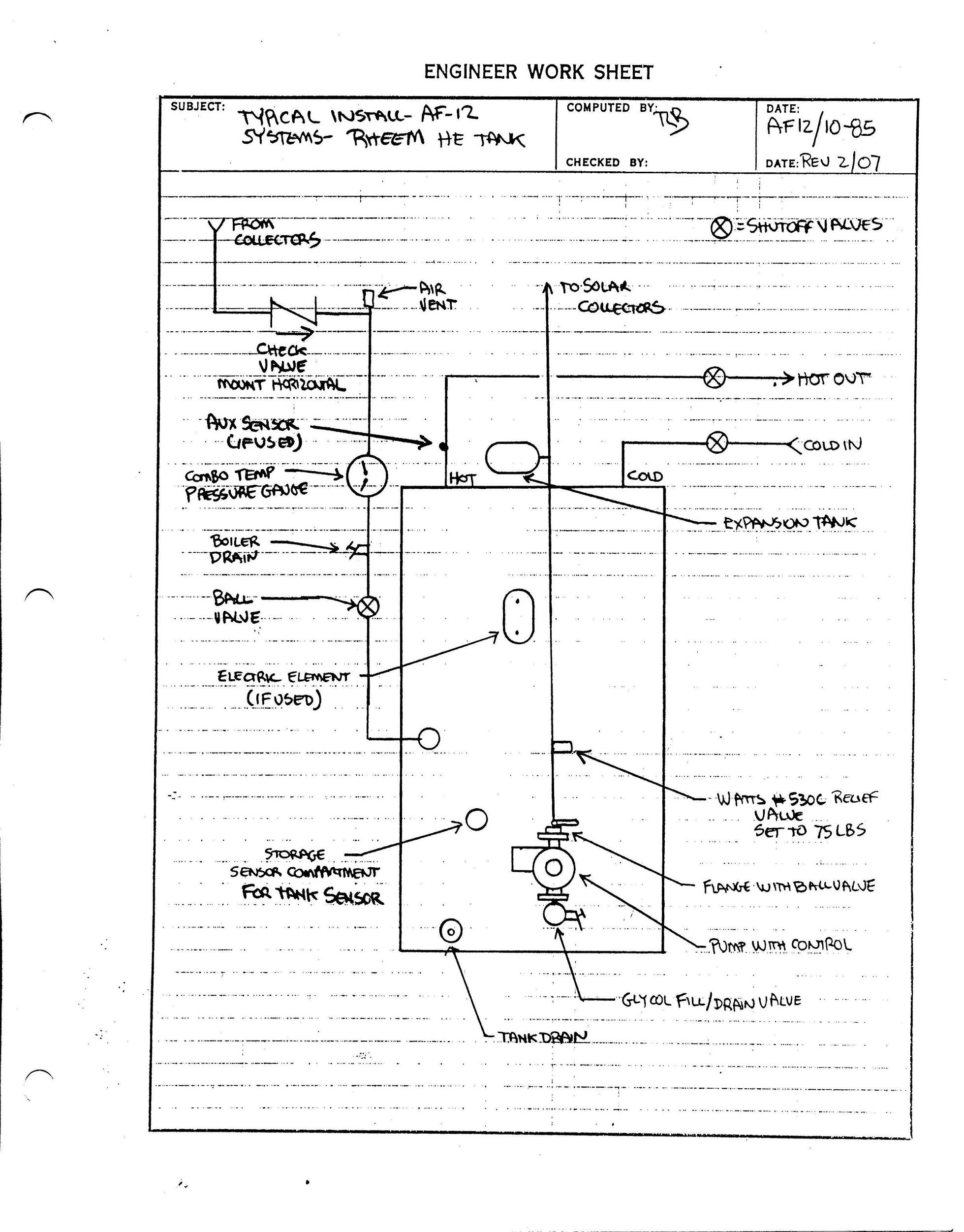
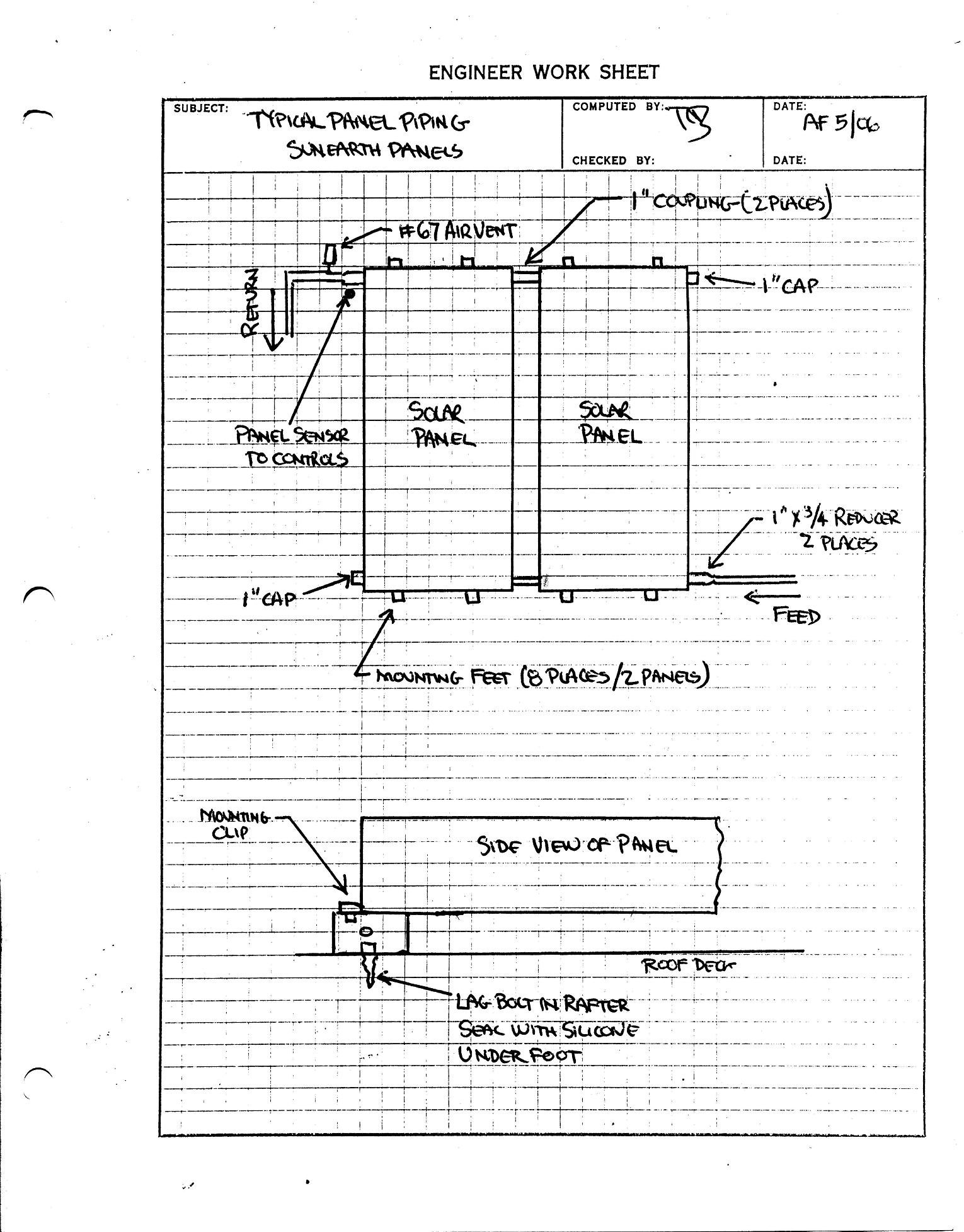
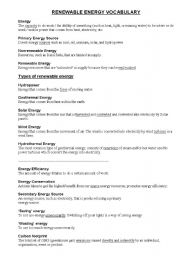

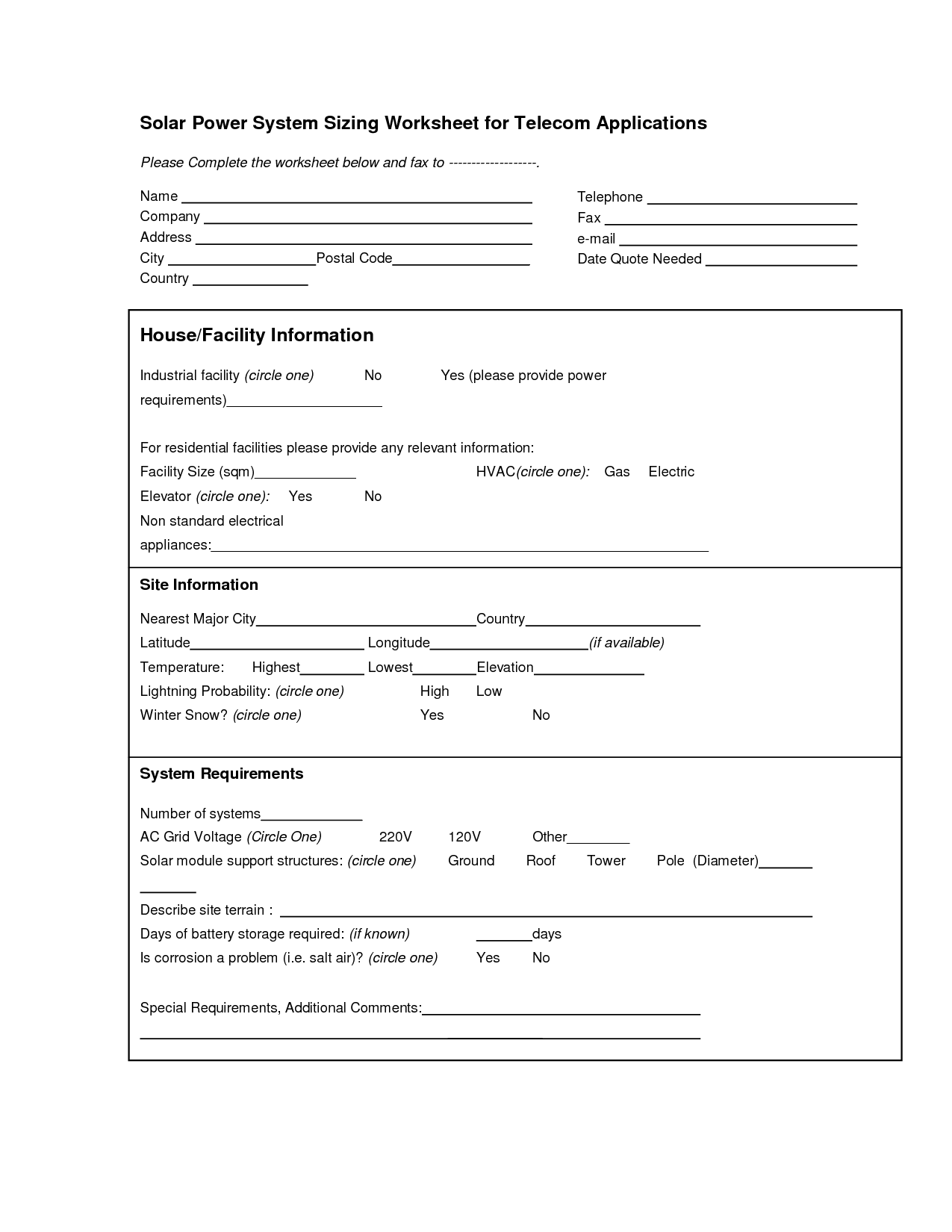

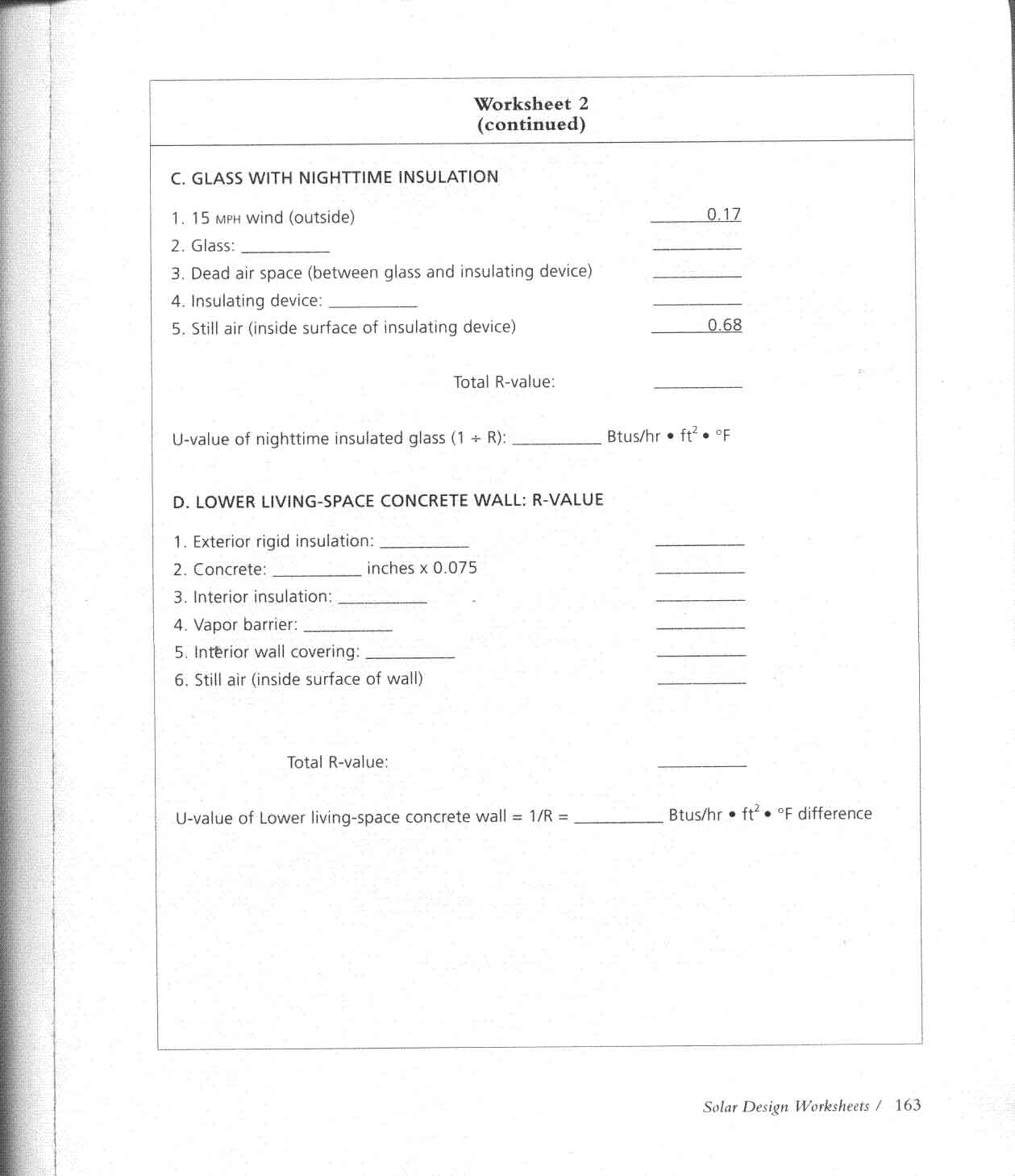
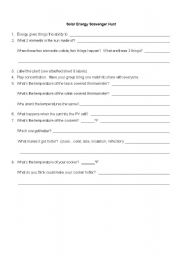








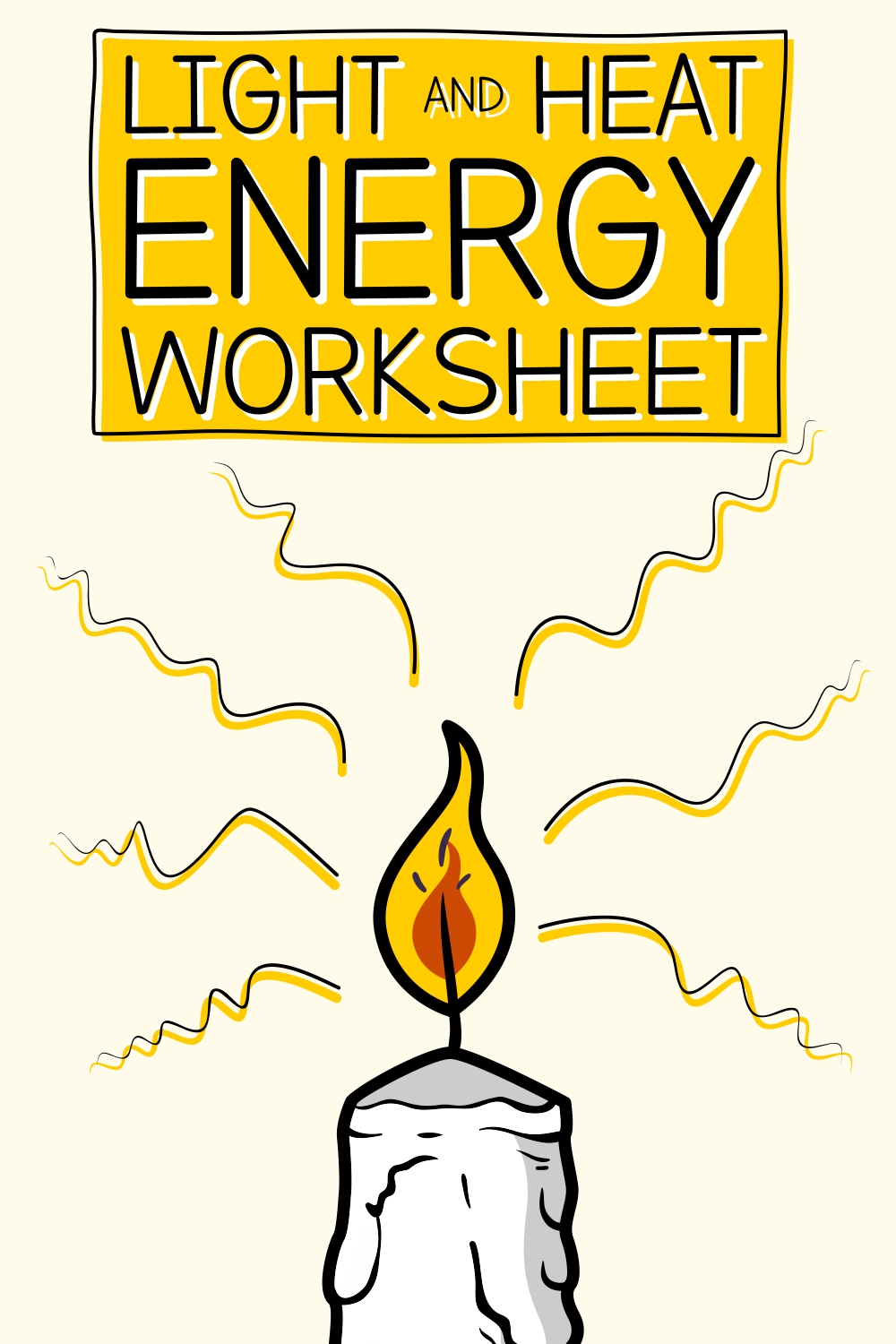
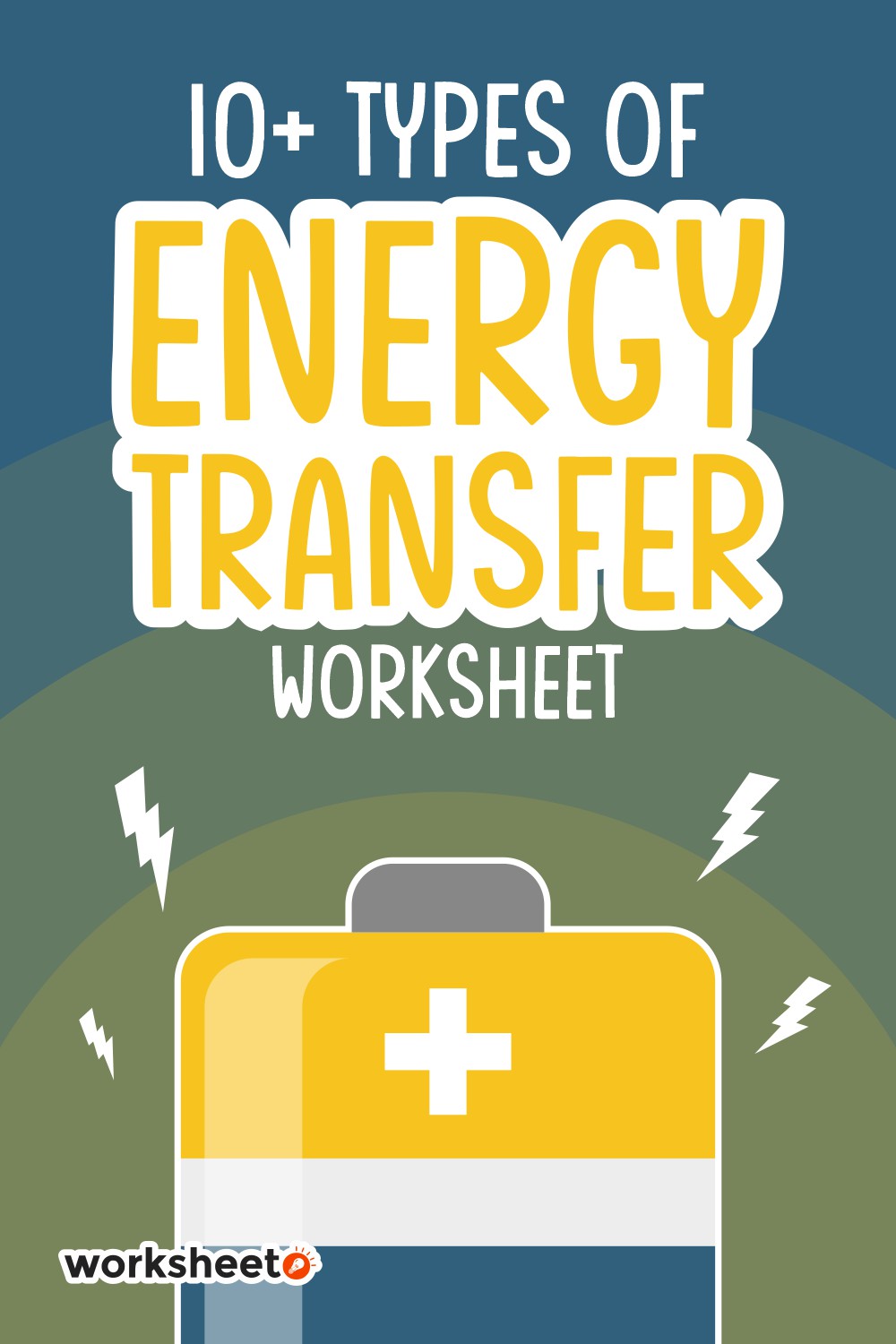
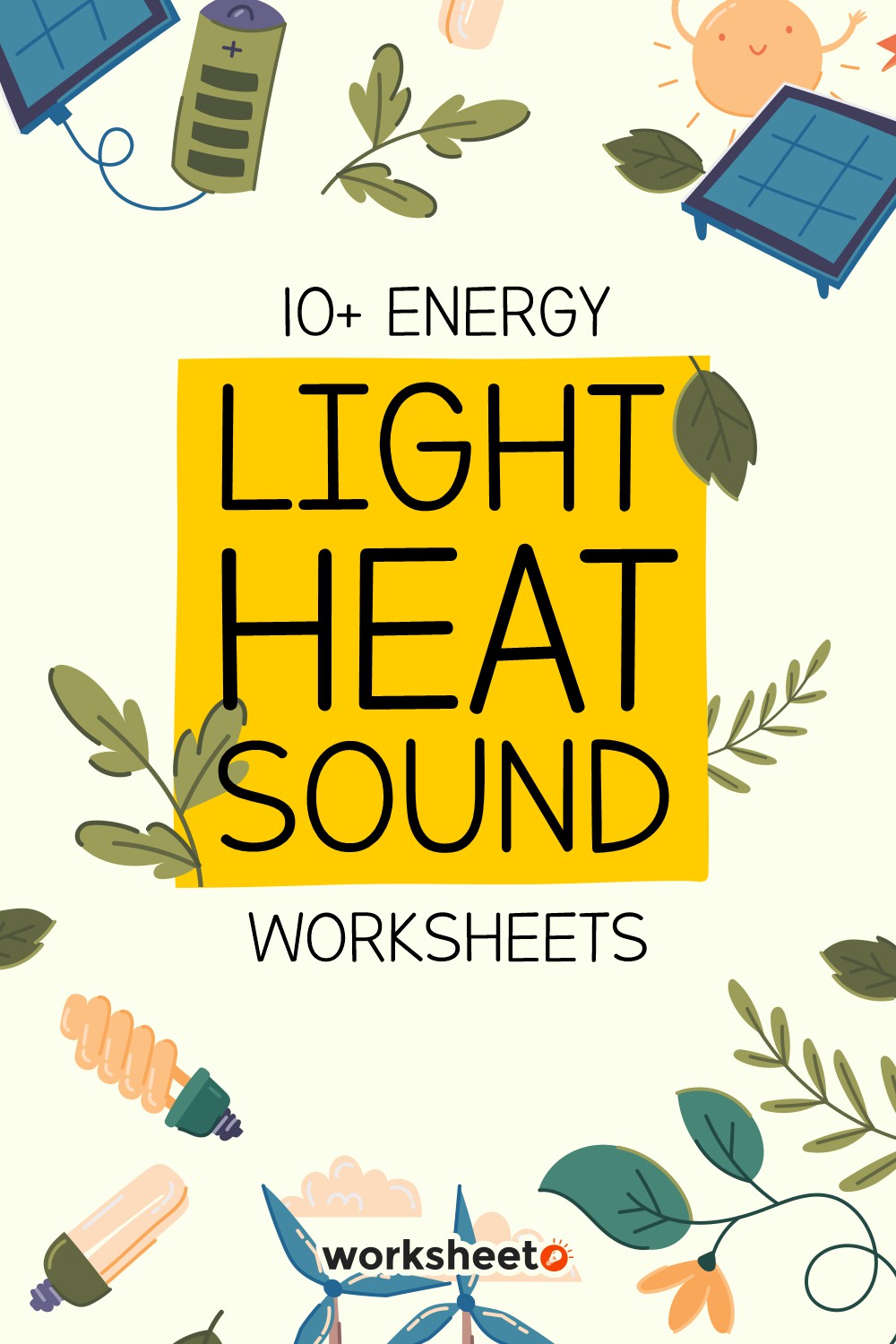
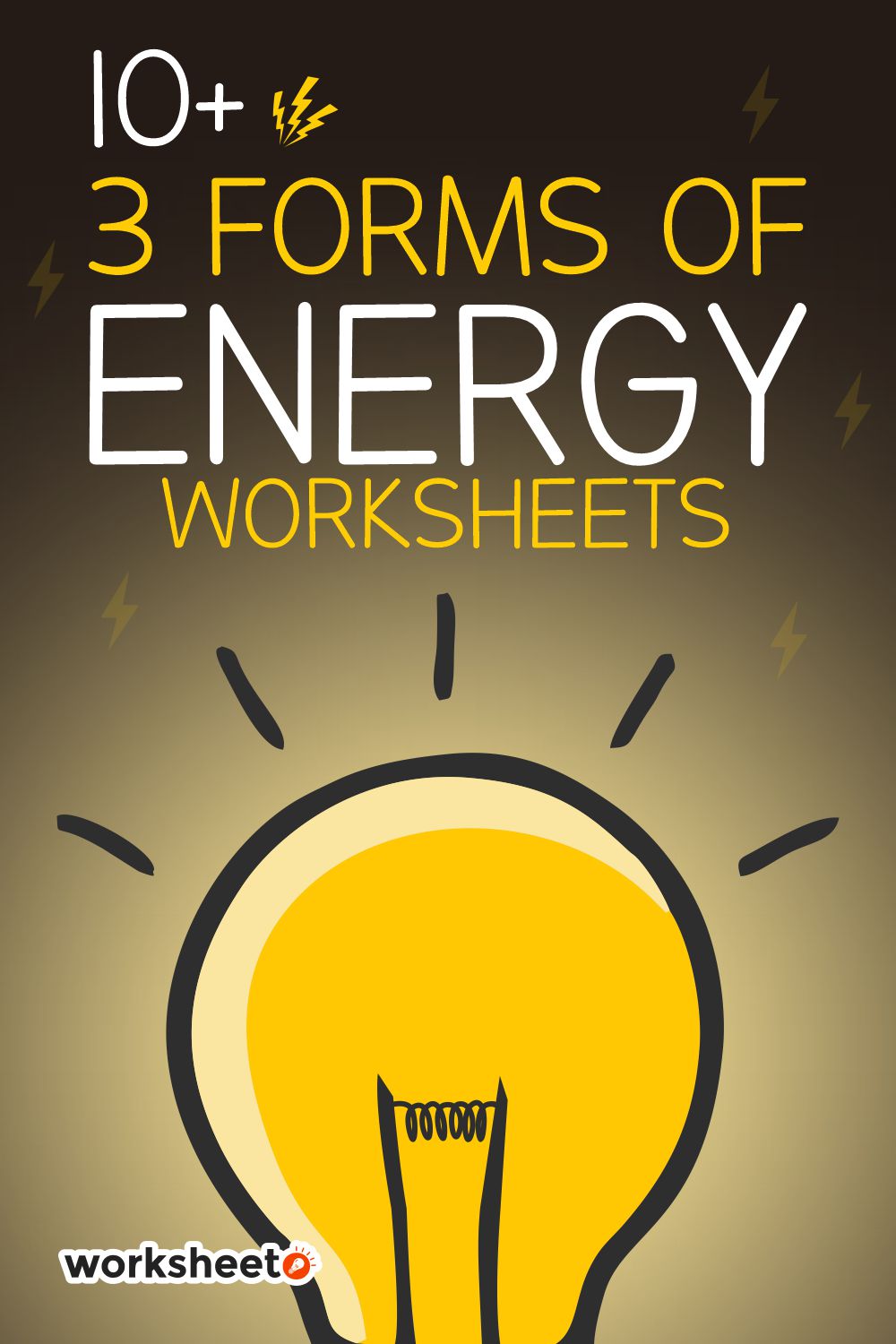
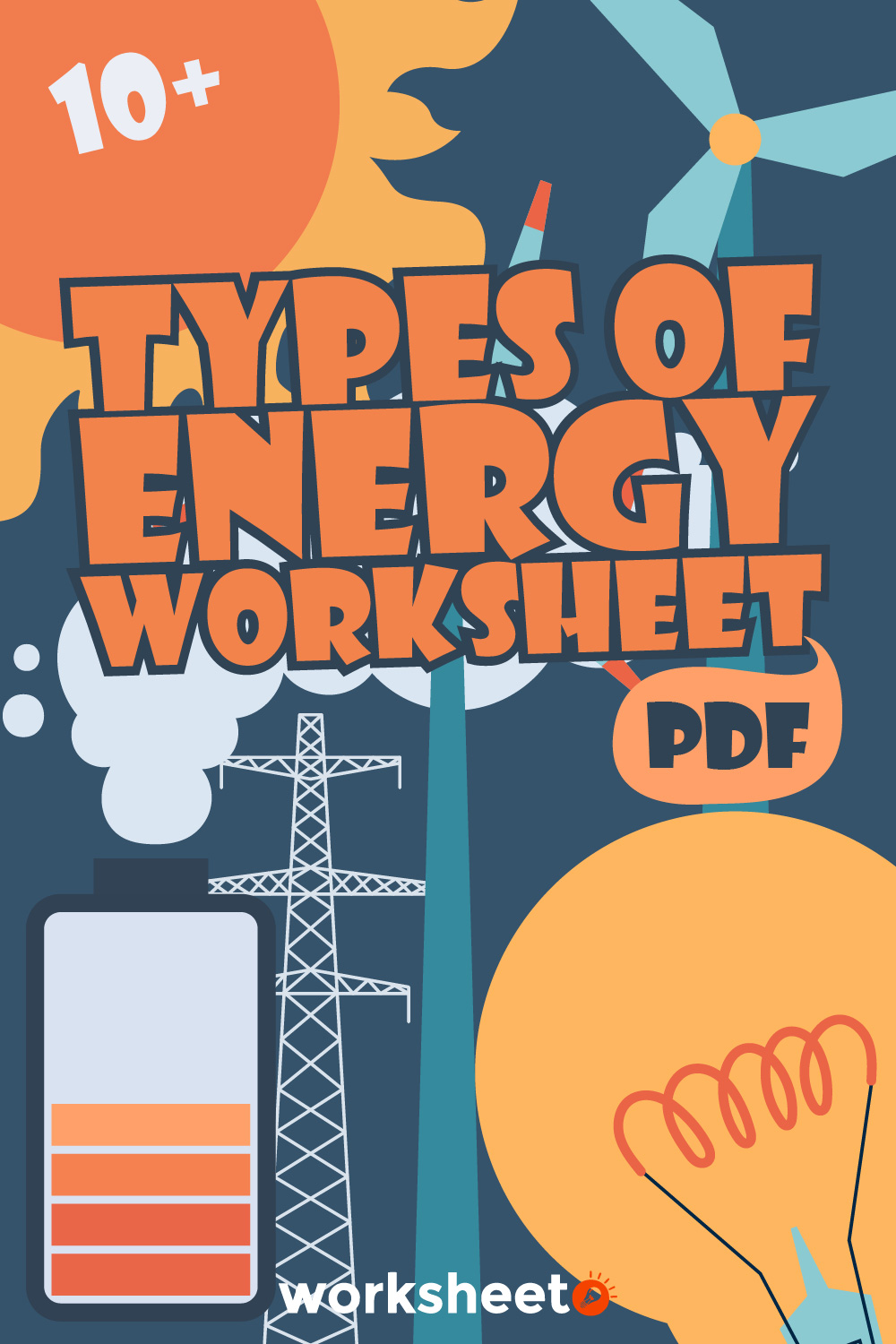
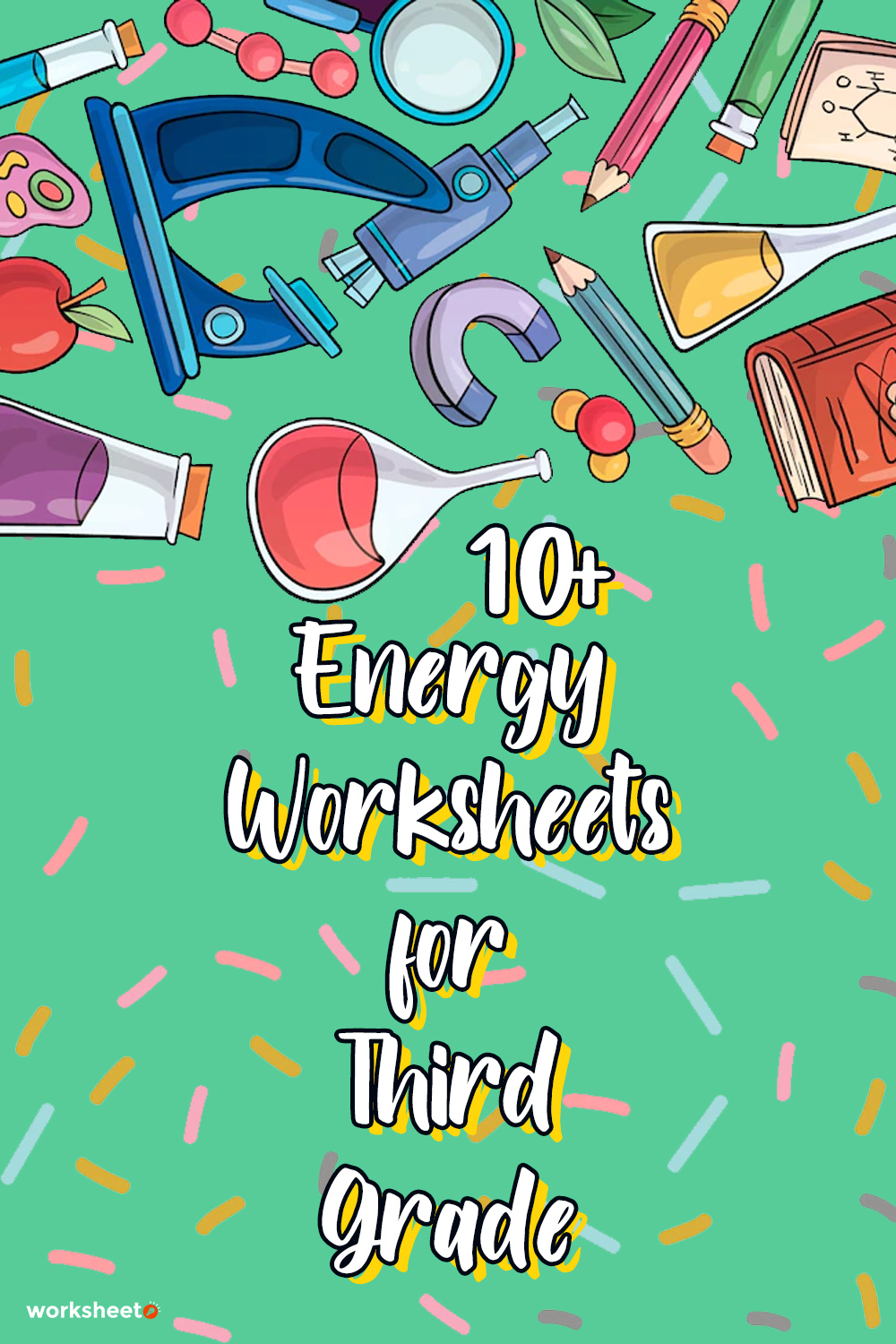
Comments